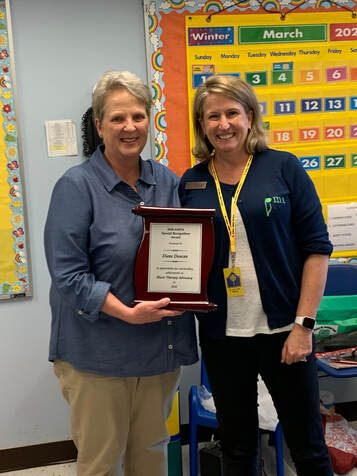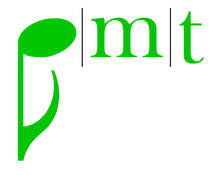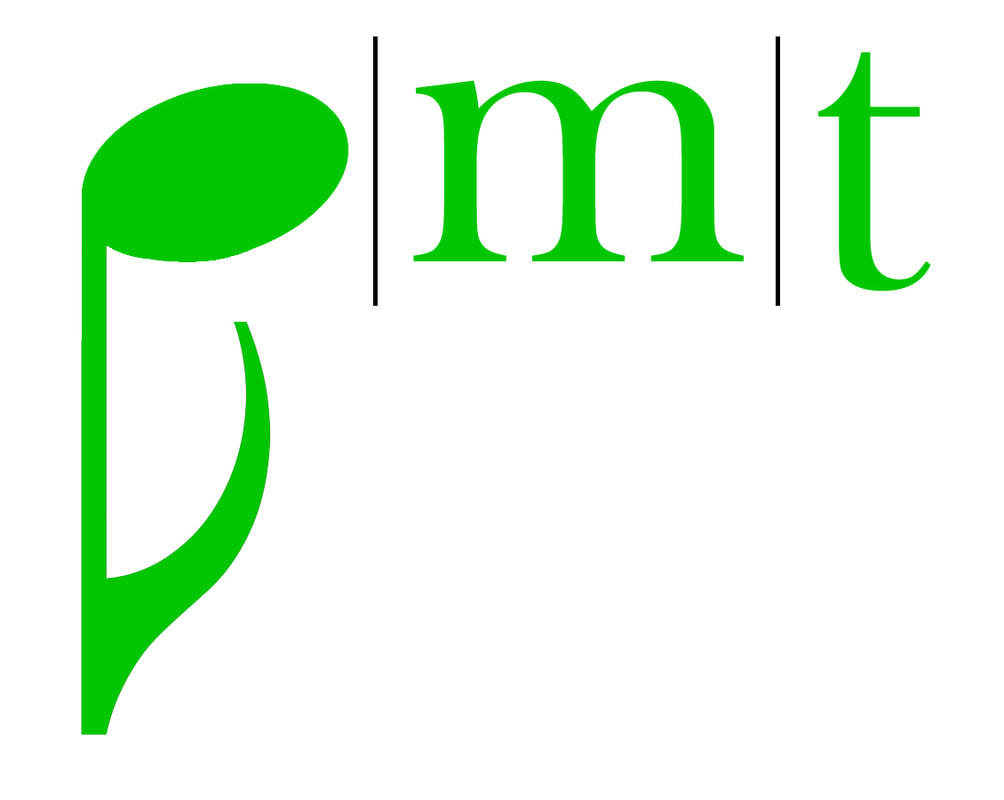 Thanks for connecting with us through music. Here are the files for this afternoon's event streaming LIVE on Facebook at 3pm (EST):
Please leave comments below:
0 Comments
Written by Kate W., MT InternThis is my third month of a University Affiliated Internship with Queens University of Charlotte. What does it take to become a music therapist? While the journey is different for everyone aiming to receive this credential, the American Music Therapy Association (AMTA) regulates many aspects of the process through education, internship, board certification, and continual professional training.
I chose to begin at a community college, where I received my Associate's Degree in Fine Arts in Music and Music Education, with my primary instrument being guitar. Here I received extensive training in music theory, aural skills, music history and private lessons in both guitar and piano. I was also able to complete almost all of my general education courses – things such as math, English and science. Next, I needed to find a college with an approved program in Music Therapy. In North Carolina, there are three choices – Eastern Carolina University, Appalachian State University, and Queens University of Charlotte. I chose Queens for many reasons, but mainly I appreciated the small, intimate class size and individual attention that students receive from professors. Since I had completed many preliminary music courses, Queens was able to offer me what is called an equivalency program, where they factored in my previous education and built a plan for me to receive a bachelors degree in music therapy and minor in psychology in under three academic years. My main focus for these semesters was completing practicum hours both in the on-campus clinic and at contracted facilities throughout the community. This is where students work directly with clients of varied populations in one-on-one and group settings, under the supervision and guidance of a board certified music therapist. After completion of all coursework and clinical hours for the degree, music therapy students must complete a clinical internship, usually consisting of six months of full-time work, again under the supervision of a board-certified music therapist working full-time in the field. Overall, we end up with at least 1200 hours of clinical training under our belts by the time we complete our education. After this, we are able to sit for the music therapy board certification exam, which will give us the MT-BC credential when passed. At this point in my internship, I am transitioning from observing sessions to leading interventions and I look forward to planning and implementing complete session plans in the coming months. My favorite thing about working with Piedmont Music Therapy is the wide range of clientele I have the opportunity to work with, from children and teens with developmental disabilities, to older adults in memory care, to individuals in addiction recovery. I love seeing firsthand how versatile music therapy is and how different music therapists connect with their clients.  Ms. Diane Duncan, Special Educator received the 2020 Southeastern Region of the American Music Therapy Association Advocacy Award - it was recommended by Melissa Reinhardt, MSEd, MT-BC, Music Therapist on Staff at Piedmont Music Therapy, LLC. Photo taken by Katie Goodwin, Preschool Director at St. John's United Methodist Church - Rock Hill, SC. Ms. Diane Duncan, Special Educator received the 2020 Southeastern Region of the American Music Therapy Association Advocacy Award - it was recommended by Melissa Reinhardt, MSEd, MT-BC, Music Therapist on Staff at Piedmont Music Therapy, LLC. Photo taken by Katie Goodwin, Preschool Director at St. John's United Methodist Church - Rock Hill, SC. At last week's southeastern regional conference of the American Music Therapy Association in LaGrange, Georgia, we were delighted to learn that a nomination for the annual Advocacy Award was awarded to one of the educators that we collaborate with. Miss Diane Duncan, Special Educator at St. John's United Methodist Church Preschool in Rock Hill, SC has been a constant advocate for music therapy over the past 5 years, beginning with her willing to have group music therapy services as a part of her special needs classroom resources at SJUMC Preschool under the leadership of Katie Goodwin, SJUMC Preschool Director. During music therapy sessions, Ms. Duncan and her aide are a constant support with their students providing assistance in any way that allows the student to be successful. Ms. Duncan is a true example of how music therapists and special education teachers can work together! Additionally, she acknowledges the value of music therapy in early intervention and has shared this with her student's parents which has led to numerous referrals for individual music therapy services. Ms. Duncan's willingness to be a model during and outside of music therapy sessions displays a true advocate of music therapy. Help to congratulate Ms. Duncan and exceptional instruction and collaborative efforts provided by staff at SJUMC in Rock Hill - York County, South Carolina. |
PMTProviding music therapy services for early childhood to older adults, music instruction and enrichment plus continuing music therapy education in Greater Charlotte Area of the Carolinas. Archives
May 2024
Categories
All
|
||||||||||||||
Piedmont Music Therapy is a 501(c)(3) status organization.
Piedmont Music Therapy accepts donations via venmo @piedmontmusictherapy or any amount through QuickBooks. Contact us to arrange an electronic pledge!
Main Location |
|


 RSS Feed
RSS Feed
